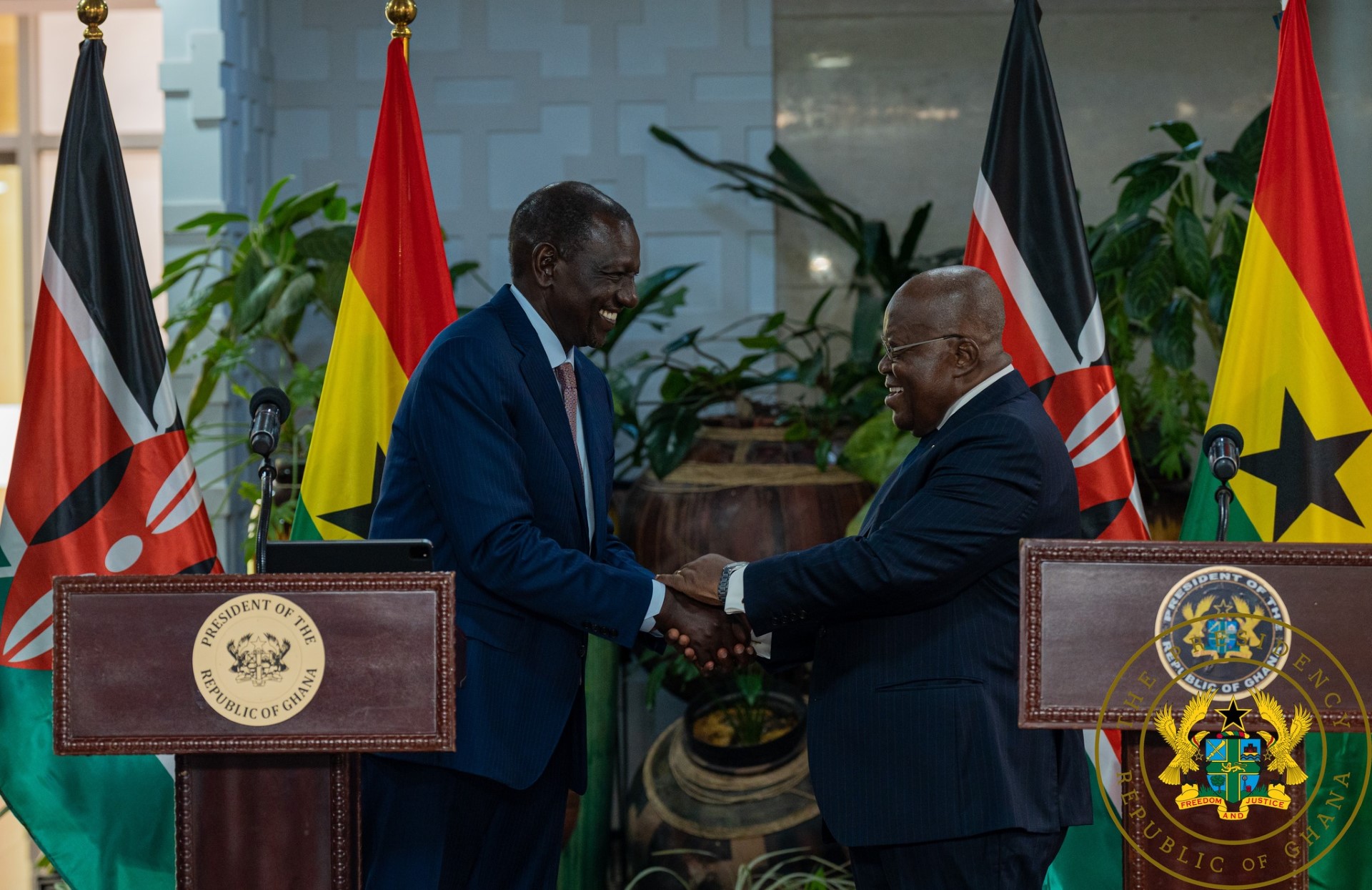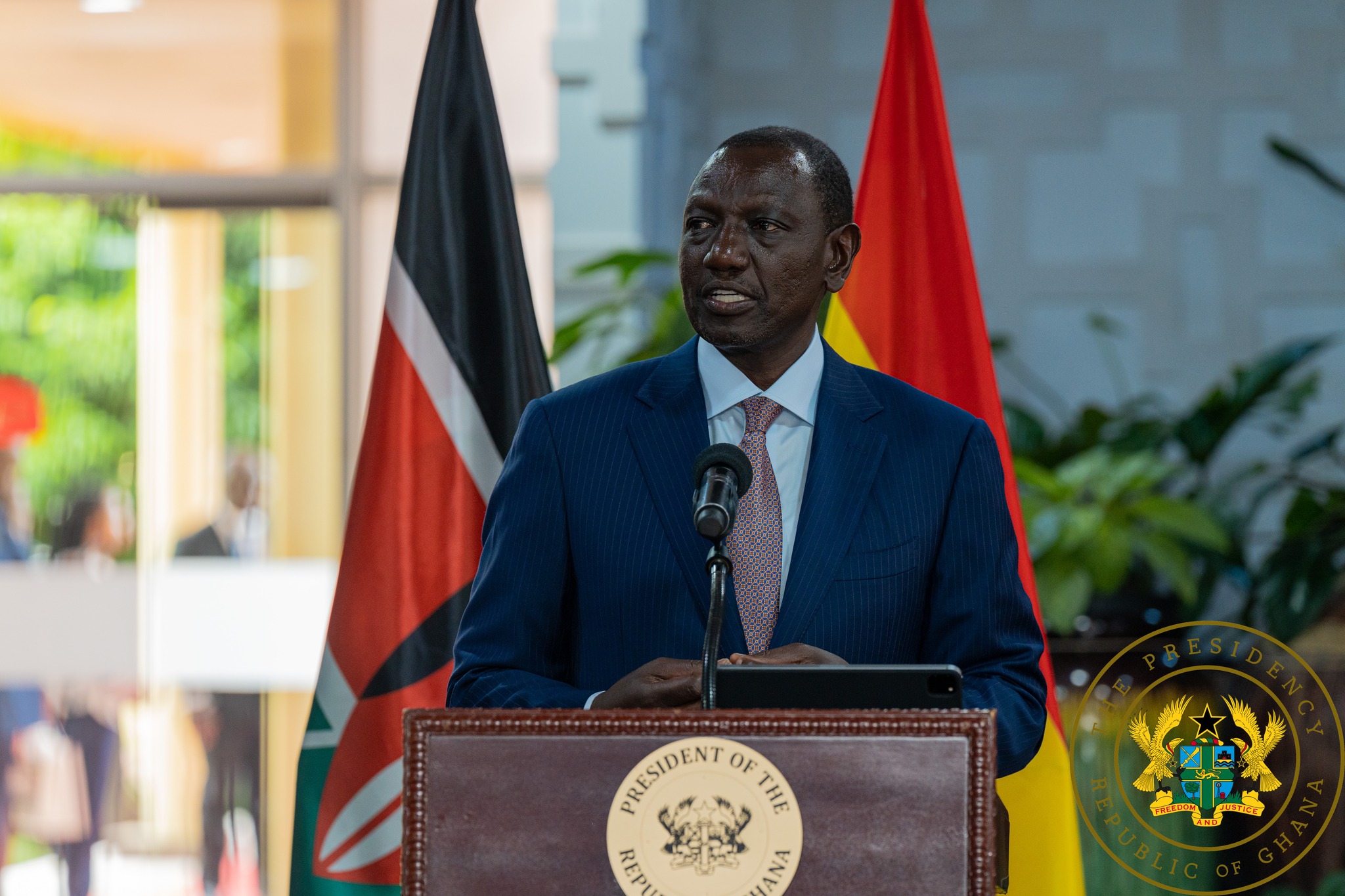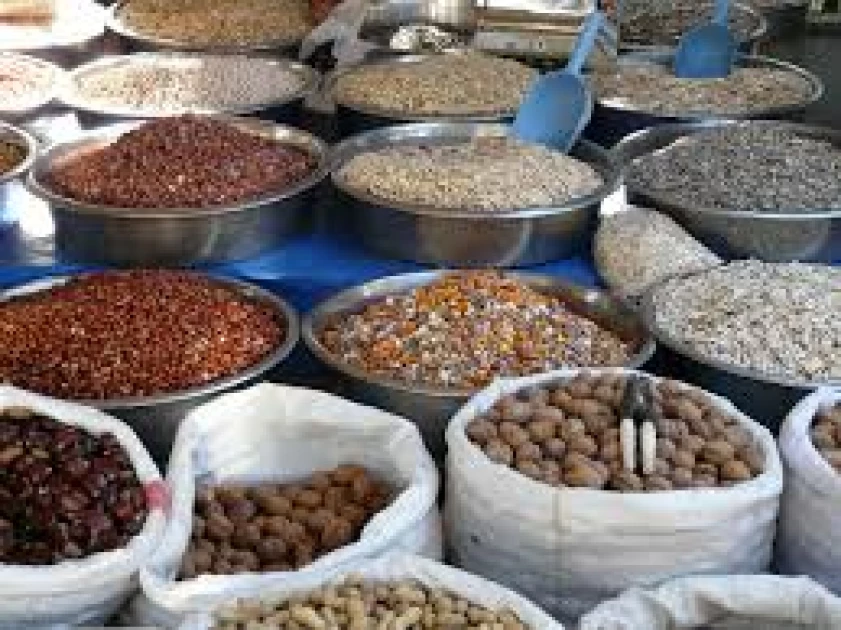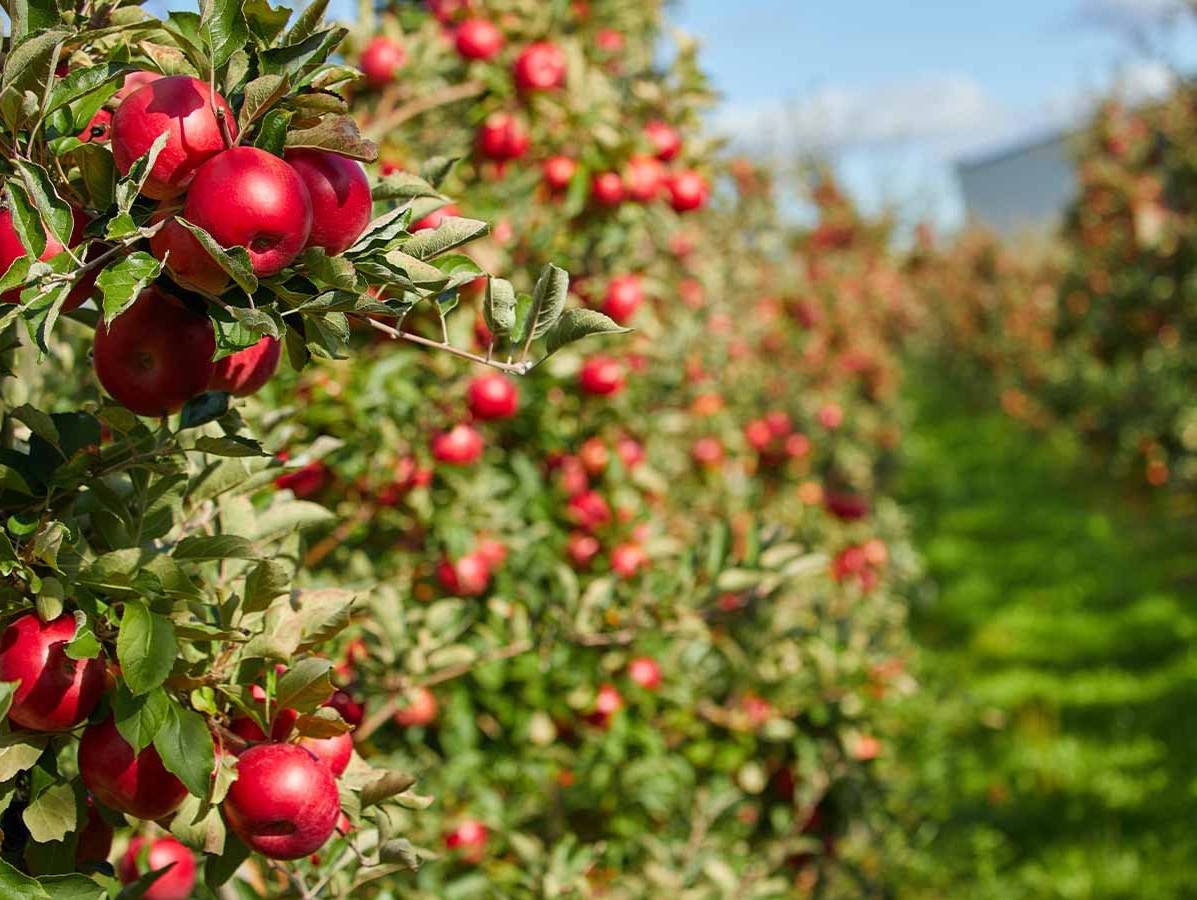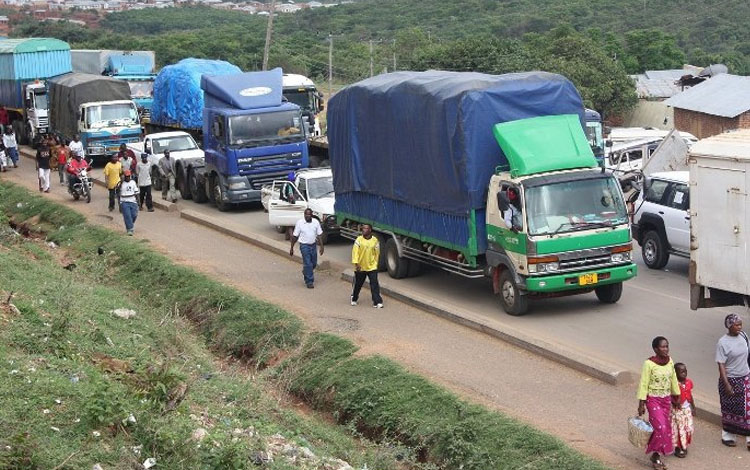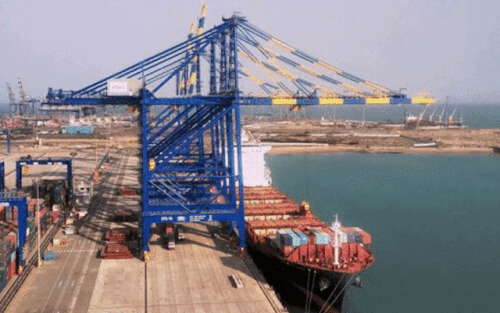Two of Africa’s emerging economies – Ghana and Kenya – have taken giant steps to consolidate trade relations as they seek to lead Africa’s economic renaissance. The bilateral trade cooperation, initiated at the instance of Ghana’s President Nana Addo Dankwa Akufo-Addo, is being worked out within the purview and objectives of the African Continental Free Trade Area (AfCFTA) Agreement. “What is being done in this room today is critical for our continent and the future prosperity of our people,” the President said, as he was joined by visiting Kenyan President William Ruto to witness the signing of multiple pacts between the two countries, at a ceremony in Accra. The Memoranda of Understanding were initialed by the Ghana Investment Promotion Centre and the Kenyan Investment Authority, Association of Ghana Industries and Kenya Association of Manufacturers. The rest are the Ghana National Chamber of Commerce and Industry and Kenya National Chamber of Commerce and Industry, as well as the Ghana Institute of Management and Public Administration. President Nana Akufo-Addo said the business community had a responsibility to increase intra-African trade, leveraging the opportunities within AfCFTA, the continent’s financial resources and technological advancement. “Your ability to seize the opportunities that will determine whether or not we go forward, and that will determine whether or not the eradication of poverty in our generation is made possible in Africa,” he emphasised. The President assured that the leadership of the continent was focused on providing the requisite space and framework for African businesses to thrive. “We...
Ghana and Kenya consolidate bilateral trade relations under AfCFTA
Posted on: April 4, 2024
Posted on: April 4, 2024

